1) Thank you for this opportunity sir. Which part of the country are you from?
I am from Ekiti State. Specifically from Ejiyan Ekiti (which used to be part of Ipoti Ekiti) in Ijero Local Government (now Irede LCDA) of Ekiti State.
2) Which schools did you attend?
I attended Ebenezer Baptist Primary School, Ipoti Ekiti (1964-1969); Adventist Secondary Modern School, Ipoti Ekiti (1972-1974); Catholic Technical College, Ile-Ife (1975-1978); University of Ife (1979-1983; 1984-1986; 2003-2011); University of Lagos (1995-2001); Nigerian Law School (2002-2003).
3) Are there any particular attitudes, disciplines or life skills that you derived from the process of education?
During our days, the teachers could do no wrong. So, the fear of your teachers was a definite way of life. I grew up in a home that was poverty-stricken, but yet high in moral values and discipline and strict upbringing. I was brought up by my mother and grandmother. They instilled in me strong ethical and societal rules of conduct and behaviour. The School only complemented the home upbringing.
4) What would you say is a memorable low point you experienced during your school days?
In the primary school days, I was not able to attend church and school social events because I had no clothes outside the ones I was wearing to school and to the farm.
In the modern school, I was spiritually attacked in the final year for daring to be taking the first position all through, and my right hand almost withered. In the University, my roommates in Year 1 (Room 15 Awolowo Hall) tried to encourage me to withdraw my studentship and search for work when they saw the level of poverty around me. As you can probably imagine, I was totally devastated.
5) You are a man of many parts. A first class banker, a lawyer and an academician. What prompted your interest in each of these three career paths? And which did you feel was always your calling?
I was told by my parents while leaving home at the age of 12, after my primary education, to always shun filthy lucre as “a kii fowo ekun raja erin” (you can never buy joy with tainted money). I was on the way from Ipoti to Ile-Ife then in search of a house boy job under my senior brother’s supervision. That admonition guided me all through my life, even during tempting hours. I knew I could not steal or acquire anything through dubious means. I knew I was intellectually gifted. And the only way to prepare for the future was to utilise that talent through multi career exposure. That was what took me to about nine different professions. I cherished all the professions but the academic and the banking careers have been most prominent of all.
6) On the way to becoming the success story that you so obviously are, you must have encountered some hurdles or major challenges. Tell us one or two that most stand out?
Merit has its own demerits. I have found myself in places where the only problem some spotted in me was my profile. It happened in a first grade federal parastatal where I found myself after retiring from banking. Second, I have found myself in a corporate environment where the popular culture among the rank and file was to plunder. And since I was not ready for that, I became an enemy to many, and one they tried albeit unsuccessfully to crush at all cost.
7) What aspect of your character helped you to surmount that hurdle or challenge?
The early day discipline and admonition by my mother and grandmother, my Christian virtues and my view of life that all earthly wealth is vanity which when not acquired in a righteous manner, could spell both earthly and eternal doom.
8) What would you say has been the highpoint of your career so far?
The highpoints have been a successful voluntary retirement from banking, ascending to the position of President/Chairman of Council of Chartered Institute of Bankers of Nigeria and rising to the apex level of Professorship in my primary career, academics.
9) Do you have any regrets at all about the path you took? Have you ever wished you chose a different career?
No regrets at all. Although if I had had the opportunity of attending a standard secondary school, it was likely I would have embraced the sciences and settled for top level engineering, medical or allied lines.
10) Of all your landmark achievements and honours bestowed upon you, which are you most proud of?
I was happy that I succeeded in bringing a bank branch to my town Ipoti Ekiti while still in practice in 2009, now Access Bank branch. The branch is serving many local governments till this day. I feel honoured by the distinguished alumni awards bestowed on me by my Technical College in Ile-Ife, Obafemi Awolowo University, Ile-Ife and University of Lagos.
RELATED ARTICLE: 10 facts you need to know about education in 2023.
11) Nigeria is a particularly tough environment right now and many of our youths are quite disillusioned. There are very few jobs available even for those with university degrees. What word of advice or encouragement would you like to offer our young ones?
Let our youths embrace the spirit of entrepreneurship as being taught by most universities today. And there are many institutional supporters around. The days of queuing for white collar jobs are fast going. And free money is not really free – it extracts something precious from you. I have a commercial farm in Ipoti. We struggle daily to encourage the youths to take interest in such initiatives. But rather, you hear yahoo yahoo stories, cybercrimes, etc here and there. The future of the youths is quite bright especially in this IT driven age. But they need to direct their talents appropriately.
12) Some young Nigerians feel somewhat disadvantaged that they were not born with a silver spoon in their mouth. What would you say to them?
Some of us were not born with any spoon in our mouth at all, not even a wooden or a plastic spoon. You can complain of not being born great. But you cannot complain of not dying great. What happens between the point of birth and the point of death is largely up to an individual. Let our youths drop the garment of complaints and pursue the path leading to greatness.
13) Can you tell us of any funny moment you experienced as a student or early in your career that has remained etched on your mind? One that evokes involuntary laughter in you any time you remember it.
I approached my overall boss immediately when I arrived Lagos around 1986 (a father figure to me in our office in Yaba then). I pleaded with him to allow me to register for a PhD in Unilag. He chased me out and said Ekiti man don come with PhD palaver again o, himself being an Ekiti man. He called me a week later to hand me a CIBN student registration form. I reluctantly accepted it. His admonition tallied with that of Late Buoda Olu Olajuyigbe of Ipoti Ekiti who had earlier on admonished me to go professional instead of academia. I ended up with both and more. Anytime I meet my respected Chief now, under whose corporate tutelage I benefited a lot, I know he would be saying “this boy sha!”
14) How would you say your education helped to make you the success you are today?
Education remains the only gateway to success in today’s competitive world. With God’s blessings, education can turn a poor, shoeless, foodless, clothless village boy like myself to a beautiful bride in the eyes of corporate suitors globally. With education, an individual can empower himself and become a marketable product to all and sundry.
SIMILAR ARTICLE: How Education Made Me, Interview of Mrs. Adeyoyin Adesina, CEO of Corona Schools trust Council.
How Education Made Me: Interview of Kunbi Oyelese
____________________________ Professor Ajibola rose to become an Assistant General Manager at First Bank PLC and later retired from Intercontinental Bank PLC as an Executive Director and Managing Director designate, Intercontinental Bank Plc East African Franchise in 2009. He crowned his glorious career in the banking sector when he was elected President/Chairman of Council of the Chartered Institute of Bankers of Nigeria (CIBN) Having served out his tenure at CIBN, he presently Chairs the Board of Directors of Bowen Microfinance Bank Limited (owned by the Nigerian Baptist Convention). Post banking, he was appointed Dean, School of Post-Graduate Studies at Caleb University, Imota-Ikorodu, Lagos. He is currently a Professor of Economics, Babcock University, Ogun State. A prolific writer, he has made numerous scholarly contributions to several academic and professional publications.


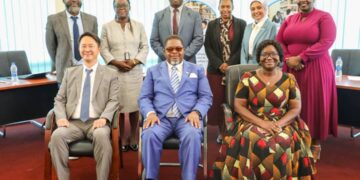


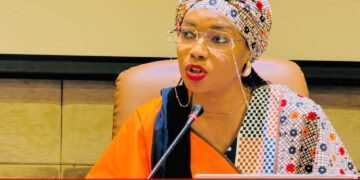
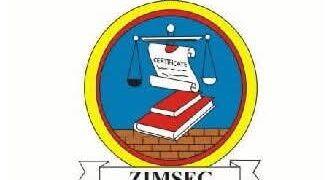
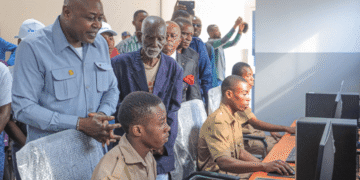


















































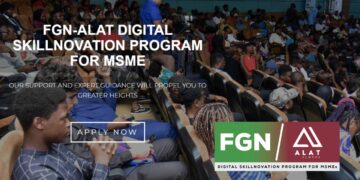
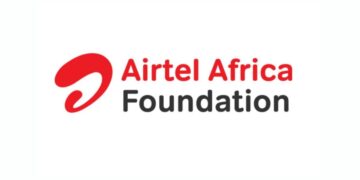





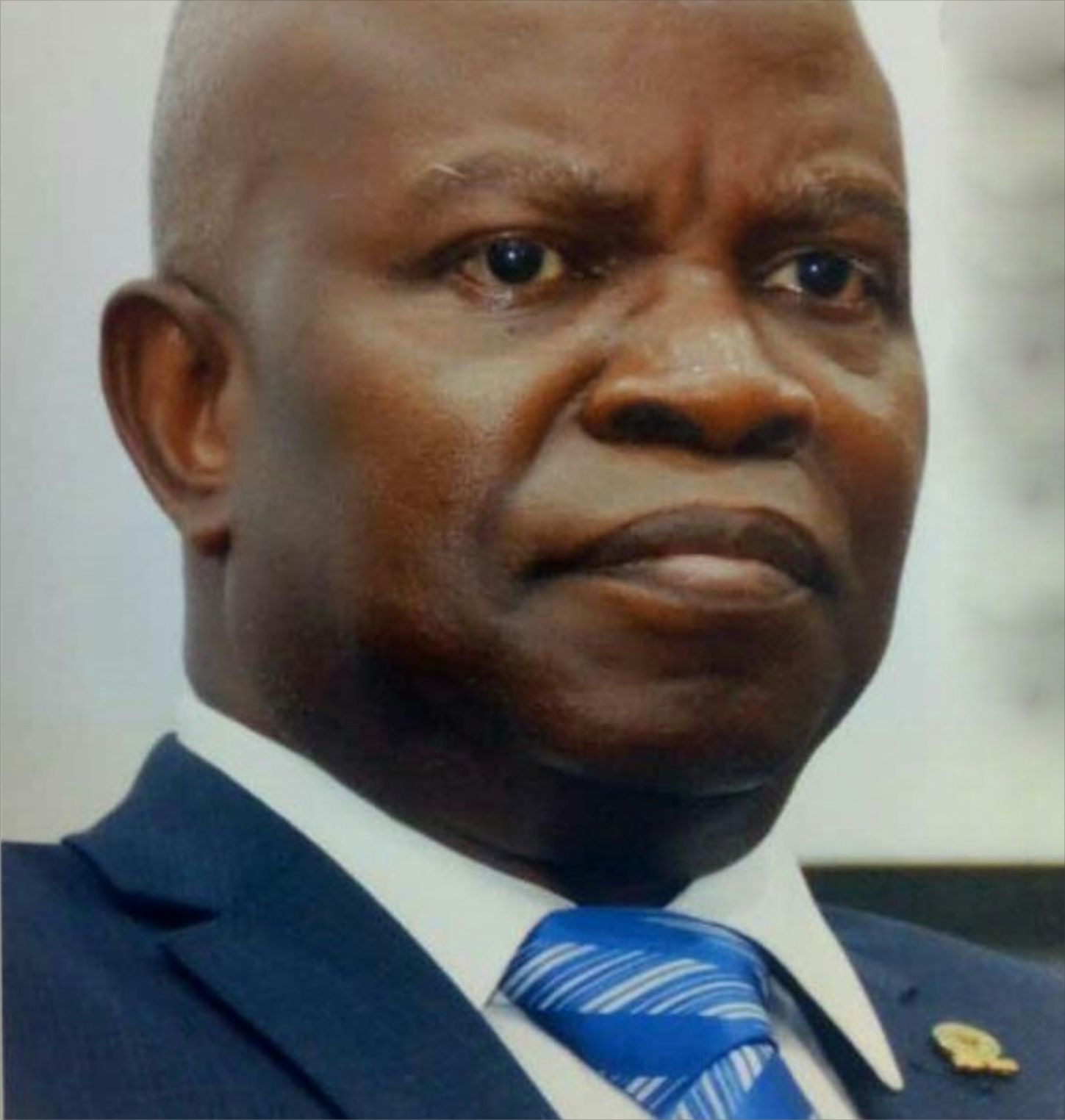



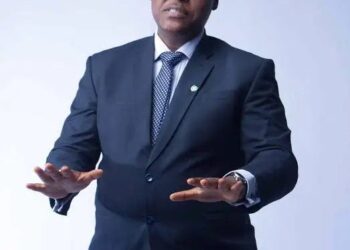


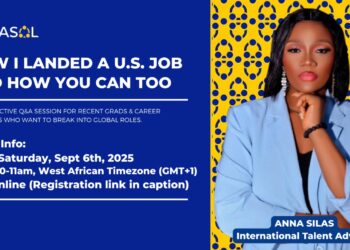
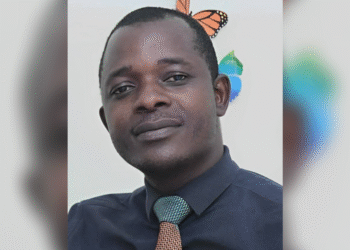










 EduTimes Africa, a product of Education Times Africa, is a magazine publication that aims to lend its support to close the yawning gap in Africa's educational development.
EduTimes Africa, a product of Education Times Africa, is a magazine publication that aims to lend its support to close the yawning gap in Africa's educational development.


Chsnge your heading from “Instead of How Education Made Me Interview of Prof Segun Ajibola, FCIB”
to
How Education Made Me: Interview of Prof Segun Ajibola, FCIB
or
How Education Made Me – Interview of Prof Segun Ajibola, FCIB
Thank you very much for this. God bless you